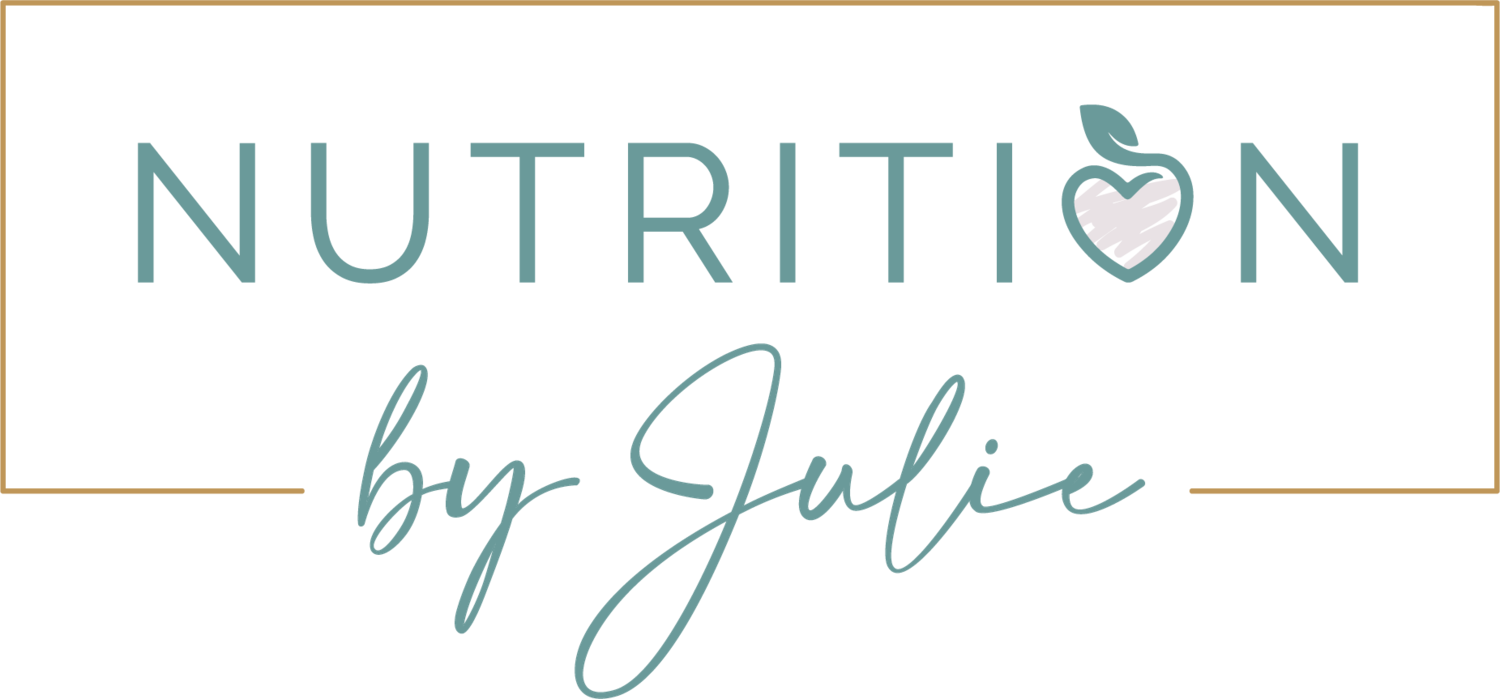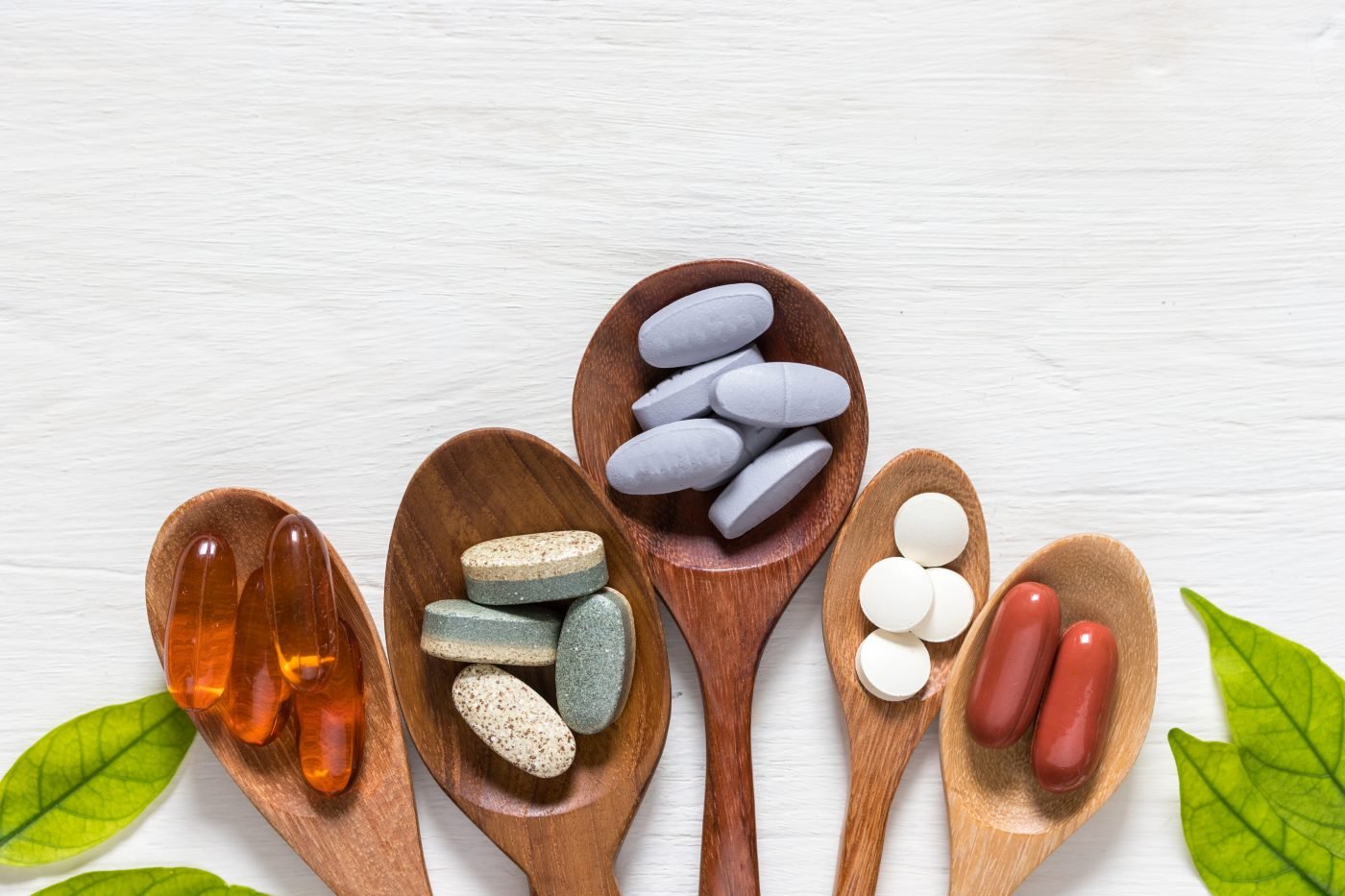Natural Versus Synthetic Vitamins
How do synthetic and natural vitamins differ? Is one superior to the other? Let’s talk about it!
Whole foods provide natural vitamins. In some situations, these foods may be dehydrated and then encapsulated but they still originated as a whole food. Synthetic vitamins, on the other hand, are compounds created in a lab that mimic natural vitamins. These are often found in pill/capsule form, but are also commonly added to foods such as cereals, breads and juices.
Whole foods are complex, containing a variety of micronutrients and antioxidants that help to promote optimal health. They also contain fiber which can help aid in weight loss, and has been shown to reduce the risk of Type 2 diabetes, colorectal cancer, and heart disease. When you bite into an apple, you’re getting hundreds of vitamins, minerals and phytochemical. A synthetic supplement can’t replicate that.
Looking at absorption, your body can only absorb so much of a nutrient in a given time frame. So taking very high doses of synthetic vitamins is not optimal for maximizing absorption. Keep in mind, there are also many different forms of individual vitamins, which play different roles and have varying levels of bioavailability within your body. For example, there are over 10 forms of magnesium!
How do I know if my diet is well rounded enough?
Aim for 30 plant based foods each week (fruits, vegetables, whole grains, nuts, seeds, legumes, etc.). Not only does this ensure you’re getting a variety of nutrients, but it also helps to promote a healthy gut! Plant diversity is key!
Are there any supplements that you do recommend?
1. Good Quality Multivitamin - Think of this as a ‘insurance policy’ to fill in the gaps where your diet may be lacking.
2. Spore Based Probiotic - Probiotics help to restore balance in your gut. Spore based probiotics are more resistant to changes in pH and don’t require refrigeration.
3. Omega 3 - Omega 3 is excellent at reducing inflammation within your gut. Healthy fats are also needed for hormone health!
I’ll leave you with this. Synthetic vitamins do have their place (correcting deficiencies, replacing nutrients like B12 in vegan diets etc.) But, they’re meant to “supplement” a healthy diet, not replace whole food entirely.

